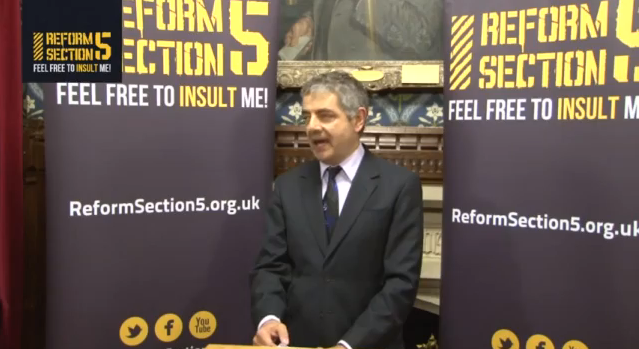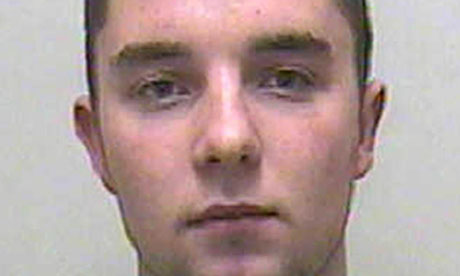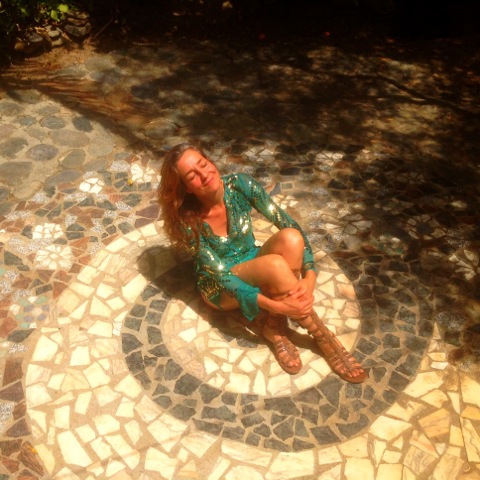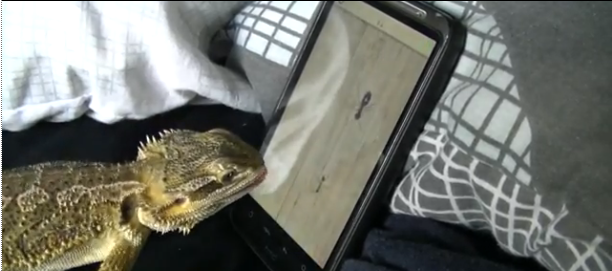Tell us a little about yourself
It’s one of the best feelings in the world to laze in bed with someone sucking on your nipples, so I didn’t mind one bit when Baby Number Four refused to go to sleep without me. Going to bed at sunset meant that I’d wake up just before sunrise, and before long the proverbial night owl had metamorphosed into a lark. In the undisturbed stillness of the early morning hours the writing really took off: being the mother of four children is a very grounding job and it’s liberating to be able to escape into another reality where you can still be carefree, dance the nights away and do all those things a mother normally doesn’t get round to doing on a regular basis. You could say that one job lead to the next…

Kiss The Sky is your first book and you achieved an unusual feat in selling 2000 copies yourself on the streets. What gave you the inspiration to do so and the idea to do it that way?
My husband Rich and I had infiltrated the VIP area of the London Book Fair pretending to be literary agents. When you buy your ticket online, they ask you whether you’re an author, agent or publisher. Well, we figured that authors were the least welcome people there and so we ordered badges for agents, dressed up, and sailed straight past security to the upper floor where I handed out my letter. One agency wanted to see the whole manuscript. They loved the writing but didn’t think that there was a market for the subject matter. We couldn’t believe it: the 90s dance music revolution was a worldwide phenomenon that changed the music scene forever. We were much more than just a ‘chemical generation’. We were dancing for freedom and world peace, yet there was no market for a book talking about a period that many still consider the best time of their life? Odd. So instead of playing the lottery and trying to grab the attention of the middlemen, why not take it to the readers directly? We were also ready for a family adventure and the idea of working on a tropical party island beach did appeal!
Where did this story come from? Do you consider it autobiographical in any way?
Most of my art is autobiographical in some way, because that’s what I do when not writing. Like most first novels there are autobiographical elements woven into a fabric of fiction.
One look at your website bio and it’s clear that it’s not just your success that has been unique, but your lifestyle in general – living in a stone shed with no electricity or road access, searching skips for windows and your dance floor from cut-offs at the marble factory. Is your lifestyle as bohemian as it seems, and is it dance music, the focal point of Kiss The Sky, that prompted this lifestyle?
Yes, let’s blame it on the music and the dance floor! When dance music is your guiding star, you can travel this hippie trail where you follow the party and trade whatever you pick up on your way around the world. Where there is trade, there can be a party. And that’s what we learned in India: that you can always sell directly to the people. That’s probably the reason I wasn’t afraid to promote the book myself.
The book explores, amongst other things, anti-materialism and a life without money and this seems to be mirrored in your own life. Is it a fundamental ideology you believe in?
I wouldn’t call it a fundamental ideology but more a lifestyle born out of necessity: When you devote your life to art, financial security is not part of the package; you have to improvise a lot and use your imagination instead of a credit card. I love spending money just like everybody else and can be very good at it when given the chance, but I take more pleasure in picking up treasures for next to nothing – it’s all about the hunt, not the possession.
It also explores the sexual revolution and your attitude to it is “why it is more important than ever to start enjoying sex without indoctrinated guilt or shame.” Can you elaborate on this? Is this a plea to the hedonism of the Swinging Sixties, a suggestion that monogamy is unnecessary, or a mere suggestion that sex is fine if no one is going to get hurt?
I love the way you put this question. It’s probably a bit of all of the above and I will try to answer it point by point:
The hedonism of the swinging sixties was a direct consequence of the sexual liberation through LSD. Anyone who has ever experienced sex on acid and had a good trip with the right partner will confirm this: It enhances our sensitivities and men can be totally in charge of their ejaculations and really satisfy the female who in turn is totally able to let go. That is the most amazing thing about it. All the hang-ups and insecurities can be overcome and sex becomes the art of love making instead of a race to orgasm. That’s where the revolution is going to happen, not in the counting of male and female orgasms.
Is Monogamy unnecessary? Monogamy is an idea, no more no less. It suits some but not all and if we want to move towards a sexually liberated society it has to be an individual choice and not forced upon us by (religious?) morals in a society that wants to control human sexuality in order to harness its energy for warfare or consumerism. Enforced monogamy as the only norm is the reason for a lot of hurt and betrayal in long-term relationships. Why inject guilt and morals into an art form?
…A mere suggestion that sex is fine if no one is going to get hurt:
We live in a world where the taking of lives is witnessed, on a daily basis, through TV, film and other media, but the making of a life is seen as dirty, forbidden and therefore hidden. I’m asking you, what is more hurtful:
Gunshots or healthy sessions of sexy sex?
One review of your book says that it’s “a story about the search for human freedom in a conditioned world…and about forging an authentic being from the imposed structure of modern urban life.” Is this something you were actively trying to portray when writing it, or was it more of an unconscious development in the subtext?
Most of all I intended to tell an exciting story with freedom as the point of departure. I am grateful to my readers, and especially CJ Stone, for putting this into words so eloquently: The reviews and comments on Facebook really have taught me why I gave up so much living to be in front of a computer for years.
In this watered-down modern world of restrictions, new laws and more government intrusion than before, with a primary focus on money and possessions, your book points at a time when that wasn’t the case and argues the case for its virtues. It also bucks the trend in exploring sex, defending drugs, rebellion and how art and creativity threatens capitalism. It’s refreshing and a welcome departure, but how much of that is just story and how much are your actual beliefs?
Again, it’s not so much a belief but more a philosophy lived and learnt through circumstance and the need to be creative while surviving on the material plane. That’s what makes the story so realistic.
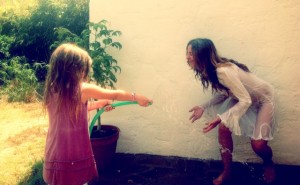
You’ve lived in London squats and very much hand-to-mouth at times. Were those your own decisions or just how things turned out, and how do you think your children were affected as you tried to sell your book?
As a one-basket woman I find it impossible to be a ‘part-time’ artist. After our return from India we’ve always sold our stuff in markets, be it art, food or now a book. It’s fun and real and you’re out there in the fresh air meeting cool people. Our children don’t know any better. They come with us wherever we go, and are used to seeing us working and selling and they have realistic expectations of life and its possibilities, I think.

For those who weren’t into the movement, can you explain the appeal of dance music and its purpose beyond the sounds it created?
The appeal was the unity and love created on the dance floor. We didn’t drink alcohol, instead, we were all high on psychedelics, able to experience and envision the potential of a healed humanity.
When did you decide to turn your hand to writing?
I always knew from very young that I’d write books one day and that I had to live an interesting life and read and read and read some more…
Have you started or thought of ideas for a second novel yet?
Yes, I have started and the setting is India, the Goa scene and beyond 
What does D C Gallin read when she has free time?
This is the hardest question of all! Let’s just say I do not read genre fiction such as romance or thrillers or anything that is overtly plot driven and predictable. If you wanted a list of books that made me feel at home instantly, influenced and even changed the way I perceive life? Some are mentioned or hinted at in KTS and the list is long, but here are some other favourites:
Rule of the Bone, Russell Banks
White Oleander, Janet Fitch
Gimme More, Liza Cody
This perfect Day, Ira Levin
A very Private Life, Michael Frey
Ines of my Soul Isabel Allende
Are you experienced? William Sutcliffe
Down and Out in Paris and London, George Orwell
A Movable Feast, Ernest Hemingway
The Island, Aldous Huxley
And here are some non fiction:
Fierce Dancing, C. J. Stone
The Tao of Love and Sex Jolan Chang
The Chalice and the Blade Riane Eisler
The Descent of Woman, Elaine Morgan
The politics of Ecstasy, Timothy Leary
The Gift, Lewis Hyde
Small is Beautiful, E. Schumacher
The Nature Doctor, A. Vogel
Thanks for all the thoughtful questions, Richard! Hope you enjoyed KTS 
